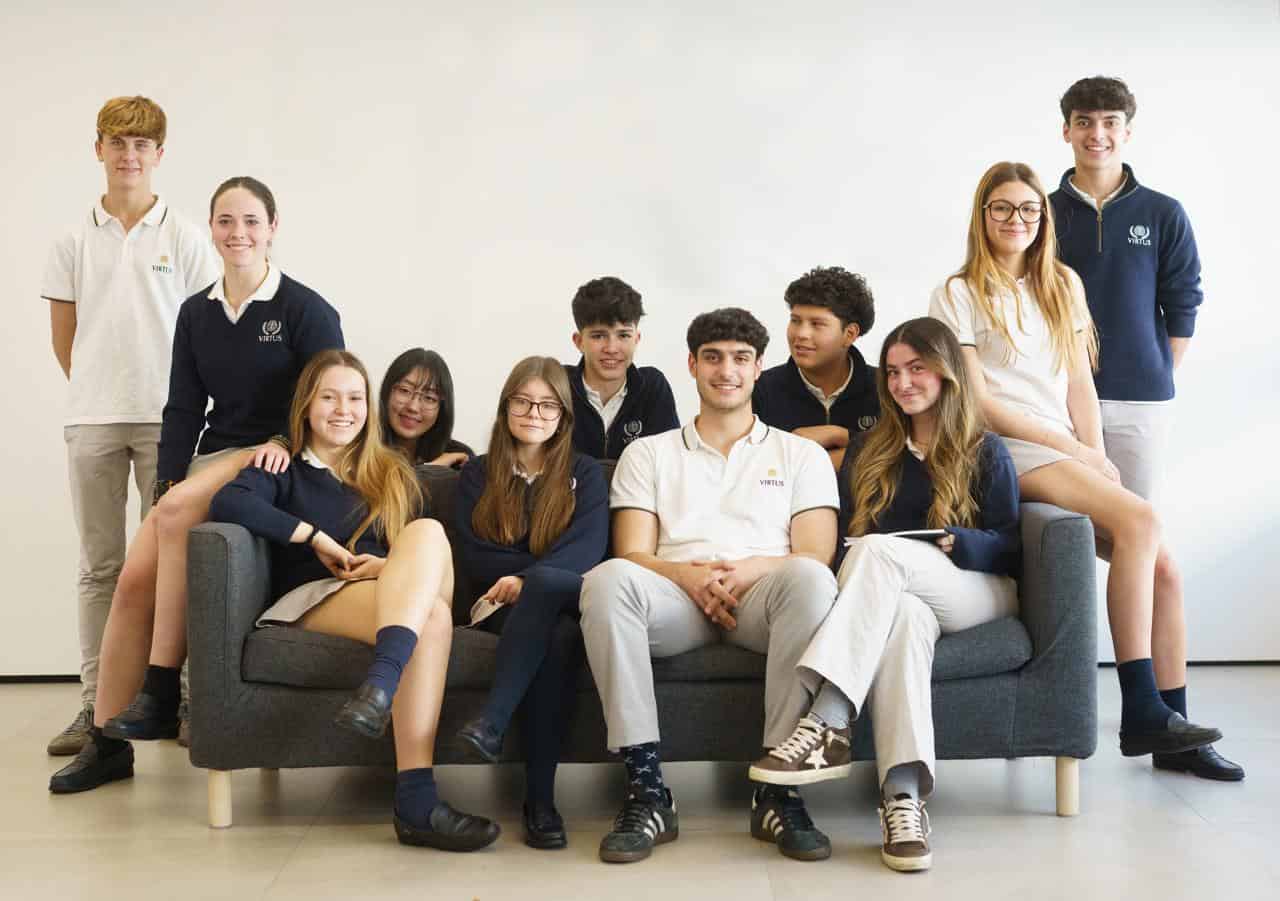In education, the significance of role models is often understated. A school is not just an institution for academic learning; it’s a vibrant community where every individual, from teachers to catering workers, plays a pivotal role in shaping the environment. At the heart of this community lies a fundamental truth: everyone is a role model.
What is a role model in education?
The concept of role modelling in schools extends beyond the conventional teacher-student dynamic. It encompasses every interaction within the school premises.
Teachers, who are traditionally seen as the primary role models, carry the responsibility of punctuality and dedication to their lessons. Their commitment sets a standard for students, subtly instilling the values and life skills of time management and responsibility.
Who are the role models in a school?
Role modelling isn’t confined to the classroom. The way the whole staff interact with students, offering politeness and kindness, contributes to a nurturing and respectful atmosphere. Such interactions, though seemingly small, play a crucial role in teaching students the importance of courtesy and respect in everyday life.
Older students, too, are integral role models for their younger peers. Their attitudes, behaviours, and even their approach to learning and school life set an example. This aspect is particularly important as students often relate more closely to their peers. The way older students navigate their academic and social lives can significantly influence the attitudes and choices of younger students.
The school’s environment also extends respect and recognition to those who work behind the scenes, like cleaners and administrative staff. Teaching students to be respectful to everyone, without exception, fosters a culture of inclusivity and appreciation for all contributions, regardless of the role.
Psychological studies suggest that individuals are, to a large extent, a product of their environment and the people they spend the most time with. In the context of a school, this means that every interaction, every observed behaviour, and every expressed attitude has the potential to influence. Understanding this interconnectedness is crucial in realising that each one of us, knowingly or unknowingly, is a role model to others.
Benefits of role models in students’ education
At the core of effective role modelling lies integrity. It’s about aligning actions with words, demonstrating the values we advocate. This alignment is critical in education where young minds are constantly observing and learning from those around them:
- Influence on behaviour and attitude: Role models significantly influence the behaviour and attitudes of students. When students see positive behaviours and attitudes modelled by their teachers and peers, they are more likely to emulate these traits. This modelling can lead to a more positive school culture and better student behaviour both in and out of the classroom.
- Academic motivation and performance: Role models can inspire students to strive for academic excellence. Teachers who are passionate about their subjects can ignite a similar passion in their students, leading to enhanced engagement and performance. Additionally, seeing older students or alumni succeed can motivate younger students to work harder and aim higher.
- Development of social and emotional skills: Effective role models help students develop essential social and emotional skills such as empathy, resilience, and effective communication. By observing and interacting with role models who demonstrate these skills, students learn how to navigate social situations and build healthy relationships.
- Reinforcement of values and ethics: Role models play a vital role in reinforcing values and ethics in students. Educators who demonstrate integrity, respect, and fairness not only teach these values but also show students how to live them out in real-life situations.
- Building confidence and self-esteem: When students see role models who they can identify with overcoming challenges and achieving success, it can boost their confidence and encourage them to overcome their own obstacles.
- Encouraging lifelong learning: Role models who are lifelong learners inspire students to value education beyond the classroom. They show that learning is a continuous process and encourage curiosity and exploration.
Role models at Virtus, The British Sixth Form College
Virtus, The British Sixth Form College, stands as a testament to the importance of role modelling in education. At Virtus, every member of the community, from staff to students, is seen as a role model. The school emphasises not just academic excellence but also the development of character and integrity.
Teachers at Virtus are more than educators; they are mentors who exemplify punctuality, dedication, and a passion for their subjects. Their commitment goes beyond the syllabus, inspiring students to pursue excellence in all facets of life.
Older students at Virtus are encouraged to lead by example, understanding their influence on their younger peers. They are guided to be mindful of their actions, aware that they are setting standards for the school’s culture.
Moreover, the respect for all staff, including those who work behind the scenes, is ingrained in the ethos of Virtus. This approach nurtures an environment of mutual respect and appreciation, crucial for holistic development.
In recognising and embracing our role as influencers at Virtus, we foster a culture of integrity, respect, and continuous improvement, preparing students not just for academic success, but for life.

